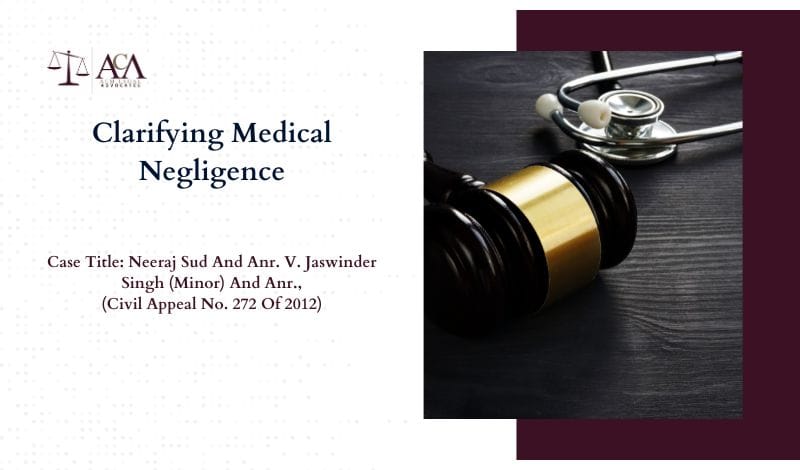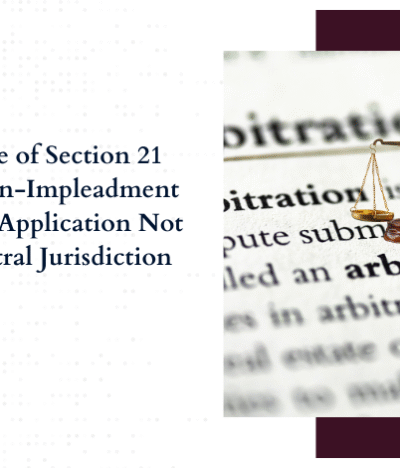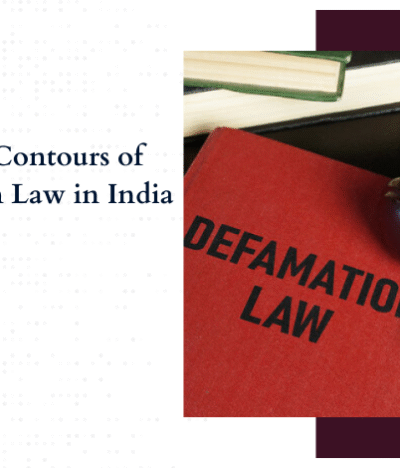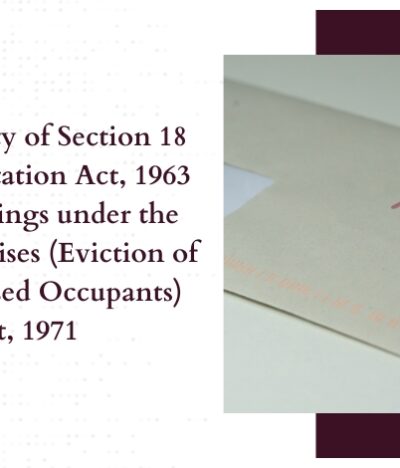Neeraj Sud And Anr. V. Jaswinder Singh (Minor) And Anr.,
(Civil Appeal No. 272 Of 2012)
Background of the Case
The case arose from a complaint filed by the father of a minor patient, who had undergone surgery for a condition called ptosis at PGI, Chandigarh. According to the complainant, his son’s vision deteriorated following the surgery, dropping from a pre-surgery visual acuity of 6/9 to 6/18 in both eyes. The complainant claimed that his son began suffering from double vision post-surgery, which he attributed to the negligence of the doctor and the hospital.
The State Commission initially rejected the complainant’s claims. However, the National Consumer Disputes Redressal Commission (NCDRC) accepted the complainant’s allegations, basing its judgment on the medical records that showed a deterioration in the patient’s condition, from moderate ptosis to severe ptosis post-surgery.
Supreme Court’s Ruling
On appeal, the Supreme Court set aside the NCDRC’s ruling. The Court held that the doctor cannot be held liable for medical negligence unless it is proven that he failed to exercise the required skill and care in the discharge of his duties. In this case, the Court found that there was no evidence to suggest that Dr.Neeraj Sud, the surgeon, lacked the necessary qualifications or failed to exercise reasonable care during the surgery.
The Court observed that a medical professional can only be held liable for negligence under two specific conditions:
- Lack of requisite qualifications or skills, or
- Failure to apply the skills they possess competently in treating the patient.
In this instance, there was no evidence presented by the complainant to demonstrate that Dr. Sud lacked the necessary skill or failed to exercise reasonable care in performing the surgery. The Court found that the complainant did not provide expert testimony or sufficient documentation to prove that the surgeon had deviated from the accepted medical standards.
Application of the Bolam Test
In arriving at its conclusion, the Supreme Court referred to the Bolam Test, a well-established principle in medical negligence law. This test, first articulated in the case of Bolam v. Friern Hospital Management Committee, establishes that a doctor will not be deemed negligent if their actions align with accepted medical practice, even if there are alternative courses of treatment available that may have produced a better outcomes.
The Bolam Test was applied by the Supreme Court in this case, and it was noted that Dr. Sud was a competent and qualified doctor, possessing the necessary skills to perform ptosissurgery and administer the required treatment. The Court found no material evidence that would suggest Dr. Sud had committed any act of negligence or omission in carrying out the surgery.
The ruling also referenced the Court’s previous decision in Jacob Mathew v. State of Punjab (2005), which affirmed that a medical professional is liable for negligence only if they lack the necessary skill or fail to apply it competently. In the present case, the complainant failed to provide any evidence or expert testimony that would establish the doctor’s incompetence or deviation from accepted medical practices.
Key Points of the Judgment
The Bench, comprising Justices P.S. Narasimha and Pankaj Mithal, noted that a doctor cannot be held liable for medical negligence unless it can be proven that the doctor failed to exercise the required level of skill in their duties. The judgment stressed that post-surgery complications alone, such as the deterioration of the patient’s condition or a failed surgery, do not automatically point to negligence. Instead, there must be evidence of a failure to exercise due care and skill.
Justice Mithal, authoring the judgment, observed that the elements of actionable negligence in the medical field include:
- Duty to exercise due care
- Breach of that duty
- Resulting damage
Conclusion
The Supreme Court’s decision in this case provides important clarity on the issue of medical negligence, reaffirming that post-surgery complications alone do not constitute grounds for holding a doctor liable for negligence. The Court emphasized that the burden of proof lies with the complainant to establish that the doctor failed to exercise the requisite skill or care. Absent such evidence, a claim of negligence cannot succeed.
This judgment underscores the legal principle that medical professionals are not liable for every unfavourable outcome in treatment, and that negligence must be supported by clear evidence of a breach of the standard of care expected in the profession.






